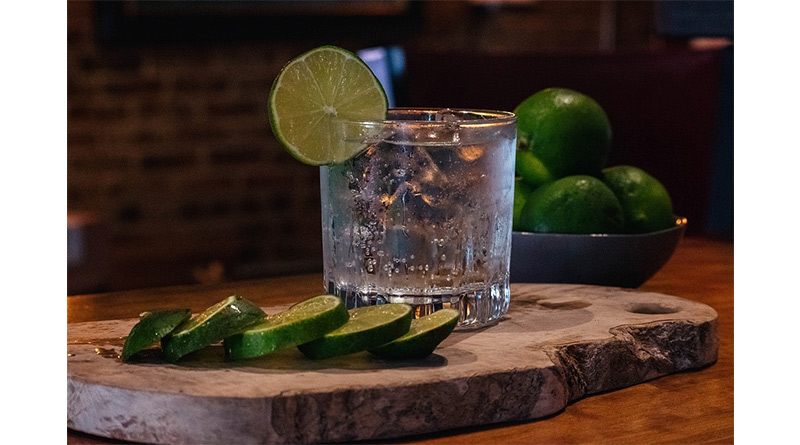SME Distillers Call For Duty Freeze To Prevent The British Gin Bubble From Bursting

Britain’s gin makers are calling on Rishi Sunak to freeze spirit duty and extend hospitality’s VAT cut to alcoholic drinks to help boost British business.
Gin exports have plummeted 35% since the pandemic began, dropping from £332.6 million for the first 6 months of 2019 to just £215 million for the same period in 2021.
The closure of the on trade has meant that gin sold in pubs, bars and restaurants has almost halved in value from £1.1bn, or the equivalent of 12.6 million bottles, in the 12 months to July 2020 to just £647 million, or the equivalent of 6.9 million bottles, for same period to July 2021.
British distillers are feeling the strain with gin showing the largest decline out of the top ten food export categories.
Keeping wine and spirit duty rates as they are, instead of the Government planned tax rises in line with RPI, will ease the burden on consumers and help businesses and the hospitality sector to survive, recover and eventually thrive.
Duty is currently so high that 73% of a bottle of spirits, at 40% abv, sold in shops and supermarkets is now taken by the Treasury in tax and VAT.
The modest ask comes from owners of small and medium-sized spirit businesses, many of whom went above and beyond when they switched to producing hand sanitiser during lockdown.
These SMEs – which make up the majority of the UK’s spirit businesses – face significant pressures, especially if Government decides to raise taxes.
For many SME businesses, the on-trade represents the ‘shop window’ for their products.
With repeated closures of venues, over the last two years, this shop window has been shuttered and many small businesses are suffering disproportionately.
Britain’s spirit makers want to understand why the Government insists on taxing what we do best most heavily.
Miles Beale, Chief Executive of the Wine and Spirit Trade Association said:
“This Budget comes at a crucial time for spirit SMEs who have a long way to go to make up their huge export losses.
Following the closure of the hospitality sector, in a series of crippling lockdowns, British gin makers who supplied pubs and restaurants both home and abroad saw orders grind to a halt. Instead of sitting idle many distillers switched production to make hand sanitiser with many donating batches to the vulnerable and NHS workers.
When the country needed support, SME distillers were quick to respond. The Chancellor has an opportunity to make a small gesture of thanks by freezing spirit duty in the Autumn Budget.”
Kathy Caton, Founder of Brighton Gin, said:
“When hospitality closed it in effect shut 90% of our customers overnight. Despite that seismic shock to our turnover, we were totally committed to our community and doing all we could do to help, including switching our production to not-for-profit hand sanitiser effects.
18 months later, we continue to make the not-for-profit hand sanitiser, and have been able to donate many thousands of bottles to help those in need. For our company to have survived and still be trading sometimes seems like a miracle, particularly with the added pressures of Brexit, supply chains and distribution.
Craft Gin is a massive British success story but needs all the support it can get if it’s to keep being such a global success – please help us on our mission to take the Spirit of Brighton to the world and freeze spirits duty!”
Matthew Gammell, Co-Founder and Head Distiller at Pickering’s Gin, said:
“We entered into 2020 already feeling the effects from the hesitancy from European export markets with Brexit and then Covid 19 hit the UK. The total loss of all travel retail and particularly cruise ships hit us hard, as well as the loss of the on trade. While we are now seeing a return of the on trade there are a lot of businesses that have not survived and those that have survived have changed their buying patterns and are operating much shorter term as there is no confidence yet that they will be able to trade without restrictions.
While we have been able to adapt to survive and provided sanitiser to help everybody with the fight, it is going to be long road and small businesses like ours do not have the same cash reserves as the bigger players to draw on to stimulate the sales as we reopen. The last 12 months has also seen huge raw material price increases along with the energy price rises, so a further increase in the duty rate would only result in an even higher price for the consumer and further inhibit the opportunity for the industry to recover.”
The UK is the world’s largest spirit exporter and a great British success story. In 2019 Britain recorded over 440 distilleries, an increase of 22% on 2018 and more than double the number of distilleries recorded in 2014.
